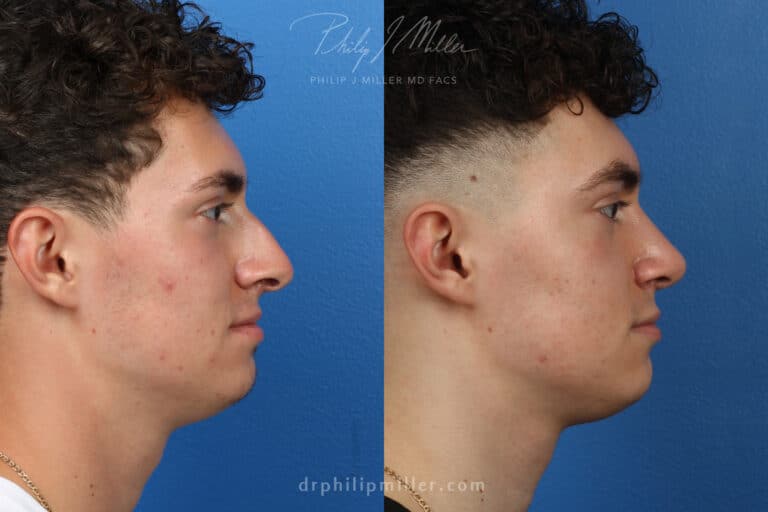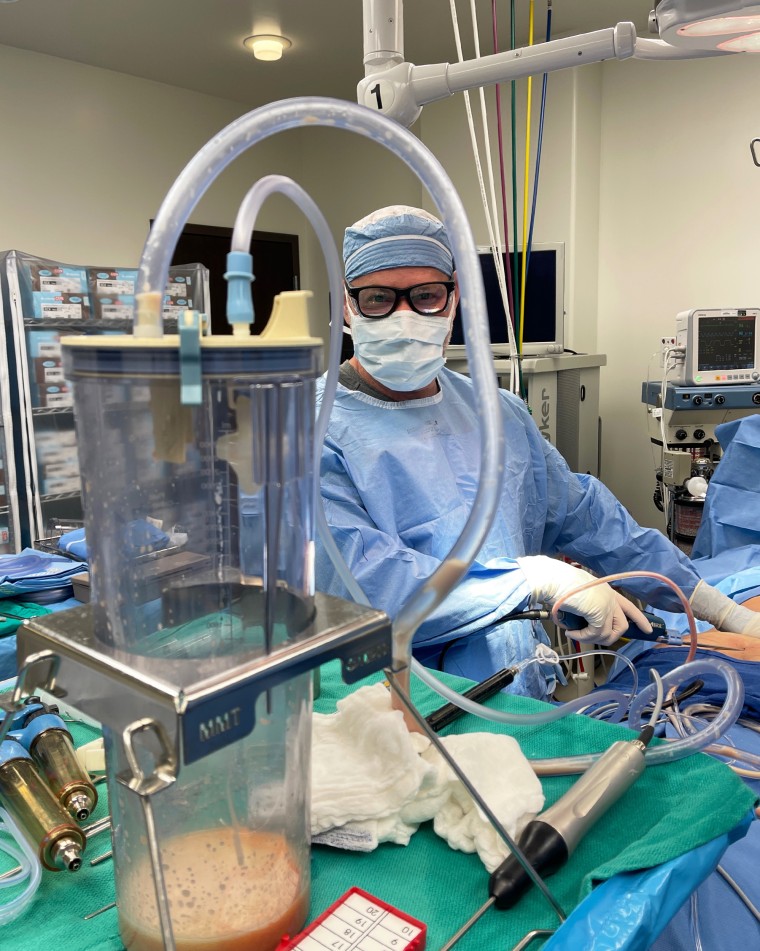Mommy Makeover Rancho Cucamonga: Restore Your Youthful Number with Professional Procedures
Investigating the Mental and Social Variables That Drive Individuals to Take Into Consideration Cosmetic Surgery as a Way of Renovation
The decision to seek plastic surgery typically prolongs beyond mere looks, intertwining with social and emotional characteristics that warrant thorough examination. Variables such as self-worth, prevalent societal elegance requirements, and the prevalent influence of social media merge to form private motivations for medical enhancement. As these impacts come to be progressively prominent, understanding the underlying psychological and cultural contexts is necessary. What remains to be discovered is the extensive impact these variables have not only on individuality however likewise on more comprehensive societal standards and values bordering beauty and approval.
The Function of Self-confidence
Self-worth considerably influences an individual's choice to pursue plastic surgery. Individuals with low self-confidence often perceive themselves in an unfavorable light, bring about sensations of inadequacy concerning their physical look. This negative self-perception can drive them to seek surgical interventions as a method of improving their self-image. The wish for enhancement in one's look is regularly connected to an idea that such changes will elevate their overall self-respect and confidence.

Eventually, the function of self-worth in the decision-making process pertaining to plastic surgery highlights the complicated interaction between body photo, individual satisfaction, and mental wellness. Recognizing this partnership is crucial for healthcare experts to make sure that people are making informed decisions rooted in practical assumptions and psychological well-being.
Societal Charm Specifications
Influenced by pervasive media representations and social narratives, social elegance criteria play a crucial function in shaping individuals' perceptions of their very own bodies. These requirements are commonly defined by an idealized form of elegance that stresses traits such as youthful vigor, symmetry, and slimness. As these perfects are perpetuated through various channels, consisting of advertising and marketing, film, and television, individuals frequently internalize these messages, resulting in dissatisfaction with their all-natural look.
The implications of these societal norms expand beyond aesthetic preferences; they can affect self-worth, mental wellness, and social partnerships. Individuals that regard themselves as falling brief of these criteria might experience sensations of insufficiency, prompting a desire for cosmetic surgery as a way of accomplishing social authorization. This pursuit is usually fueled by the belief that conforming to these perfects will improve not only physical appearance but additionally social standing and individual fulfillment.
:max_bytes(150000):strip_icc():focal(299x319:301x321)/cardi-b-kim-kardashian-011923-f730f661ba814eec980bba77776d1e59.jpg)
Influence of Social Media Site
The impact of societal charm standards is further magnified by the increase of social networks platforms, where curated photos and idealized depictions of charm are ubiquitous. Individuals are frequently subjected to filteringed system and modified pictures, which often illustrate unattainable physical characteristics. This direct exposure cultivates a society of contrast, leading individuals to evaluate their very own appearance against these often impractical criteria.
Social network influencers and stars frequently advertise cosmetic treatments, stabilizing the notion that surgical improvements are a practical methods for accomplishing social suitables (plastic surgery rancho cucamonga). The visibility of these improvements can develop an understanding that undergoing plastic surgery is a common method, therefore influencing people to consider comparable treatments as a path to enhanced self-esteem and social acceptance
Moreover, the interactive nature of social media sites permits instant responses with sort and remarks, further enhancing the need to adhere to preferred charm criteria. Such interactions can aggravate straight from the source sensations of inadequacy and drive individuals towards cosmetic surgical treatment as a method of acquiring recognition. Inevitably, social networks plays a pivotal role in forming perceptions of elegance, which considerably affects the decision-making procedures surrounding cosmetic surgical procedure.

Social Viewpoints on Appearance
Across various cultures, perceptions of look are deeply rooted in historical, social, and economic contexts, forming individuals' views on charm and charm. In lots of societies, look offers as a significant pen of identification, affecting social status, expert possibilities, and individual partnerships. For example, in some societies, light skin is commonly connected with wide range and opportunity, while others might idealize darker skin tones as signs of toughness and authenticity.
Additionally, traditional beauty criteria are commonly perpetuated via cultural stories, media representations, and family members affects, causing varying suitables throughout various areas (plastic surgery rancho cucamonga). In Western societies, the emphasis on youth and physical fitness frequently drives individuals toward aesthetic improvement, while in certain Eastern cultures, even more subtle modifications straightened with conventional appearances may be favored
Globalization and the expansion of digital media have actually even more made complex these dynamics, developing a hybridization of appeal ideals that transcends geographical boundaries. As article individuals progressively navigate these cultural stories, the stress to adjust to specific appearance criteria can bring about the wish for cosmetic surgical procedure, reflecting a complex interaction of individual goals and cultural values. Recognizing these cultural perspectives is vital in resolving the motivations behind plastic surgery considerations.
Psychological Effects of Plastic Surgery
Several people seeking cosmetic surgery record experiencing extensive emotional impacts that can dramatically alter their self-perception and psychological health - plastic surgery rancho cucamonga. The need for physical enhancement frequently comes from underlying problems such as low self-confidence, body dysmorphic disorder, or social stress pertaining to elegance criteria. For some, the prompt post-operative stage can cause a short-term boost in self-confidence and satisfaction with their look, cultivating a Recommended Site sense of empowerment
Nonetheless, these positive feelings may not be sustaining. Study indicates that while some people experience boosted self-confidence, others may deal with heightened anxiousness or depression if their assumptions are not satisfied. This inconsistency can occur from impractical perfects perpetuated by media representation and cultural narratives bordering charm.
In addition, the emotional ramifications of cosmetic surgery extend past the person. Relationships with household and close friends may be stressed as social dynamics change, bring about feelings of isolation or alienation. Eventually, the psychological effects of plastic surgery are intricate and diverse, needing cautious consideration by both prospective individuals and health care carriers to make certain educated decision-making and reasonable assumptions.
Conclusion
Finally, the choice to go after cosmetic surgery is substantially influenced by a combination of self-confidence problems, societal beauty standards, and cultural perspectives on look. The prevalent reach of social media better aggravates these stress, promoting unrealistic ideals that people commonly make every effort to acquire. Recognizing these mental and social factors is necessary for dealing with the inspirations behind plastic surgery, highlighting the need for an extra nuanced conversation bordering appeal and self-acceptance in contemporary culture.
The decision to seek cosmetic surgical procedure typically extends past simple aesthetic appeals, intertwining with mental and social characteristics that merit thorough exam. Ultimately, social media plays a critical role in shaping assumptions of charm, which significantly affects the decision-making processes bordering cosmetic surgery.
As individuals progressively navigate these social stories, the stress to conform to certain look standards can lead to the need for cosmetic surgical procedure, reflecting a complex interplay of cultural values and individual goals.In final thought, the choice to pursue cosmetic surgery is significantly affected by a mix of self-worth issues, social beauty standards, and cultural perspectives on look. Understanding these social and psychological variables is vital for attending to the inspirations behind cosmetic surgical treatment, highlighting the requirement for an extra nuanced discussion surrounding elegance and self-acceptance in modern culture.